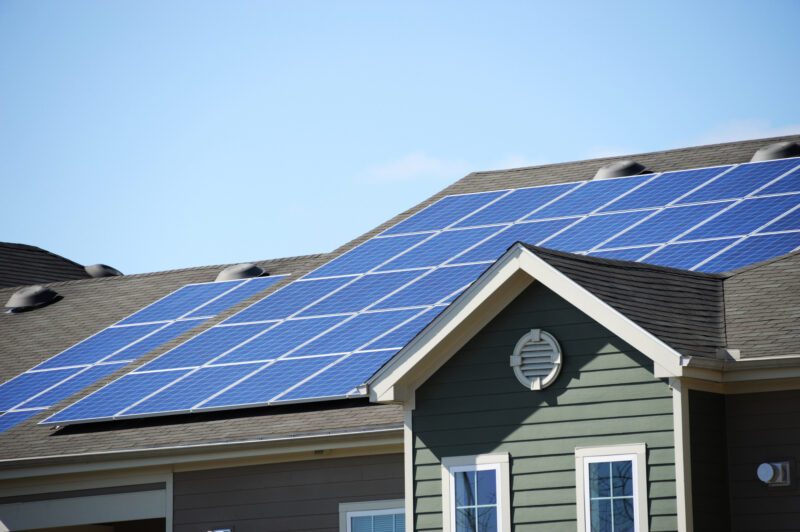Did you know that there are 440 solar energy companies operating in the US? More businesses are popping up each year to meet the rising solar power demand. North Carolina residents have become a big part of that demand.
Are you living in North Carolina and considering solar panels for your home? Do you understand how the NC solar tax credit works to save customers money?
The following guide will explain everything you need to know about making solar panel installation more affordable. Read on to learn how to save money when making the switch to solar.
NC Solar Tax Credit
Duke Energy offers a $6,000 rebate for homeowners that go solar. The program is in its 4th year out of a 5-year commitment that expires in 2022. The rebate saves roughly a third of the cost of typical solar energy systems.
The offer is for $600 per kilowatt with a limit of $6,000. Homeowners must install a 10-kilowatt solar system to maximize the rebate.
It’s important to act fast because installations are in high demand and sometimes take a while to schedule. As long as you schedule your installation by early 2022 you should still qualify for the rebate.
North Carolina Net Energy Metering
North Carolina requires all three of its biggest electric utility companies to offer full retail rate net metering to customers. This means that the extra kilowatt-hours your solar panels produce get credited to your next bill.
North Carolina has also helped make it easier for customers with existing installations to add battery storage. So, customers get backup power while waiting for net metering credits during certain months.
Federal Solar Investment Tax Credit
The federal solar investment tax credit has an even bigger savings impact than the NC tax credit. It accounts for a whopping 26% of the entire system. This includes equipment, solar panel installation, and permitting.
For example, if your system costs $20,000 the federal solar tax credit would save $5,200. However, this credit will reduce to 22% at the end of 2022. It’s another reason to act fast if you’re interested in converting to solar energy.
NC Property Tax Exemption
Solar installation increases the value of your home. Also, many buyers are drawn to homes on the market with solar energy systems already in place. It’s just another reason why solar is a smart investment for homeowners.
Increases in home value usually lead to higher property taxes, but not in this case. North Carolina offers property tax exemptions for any value increases due to solar installation.
It’s another great incentive to make the switch to solar in addition to the monthly savings on your electric bill.
Ready to Switch to Solar?
Now you know about the NC solar tax credit and other incentives. Combining the federal tax credit and state credit makes solar installation very affordable. You don’t have to break the bank to enjoy the benefits of solar energy!
Please check out the rest of our blog for more money-saving tips and other fascinating articles.




